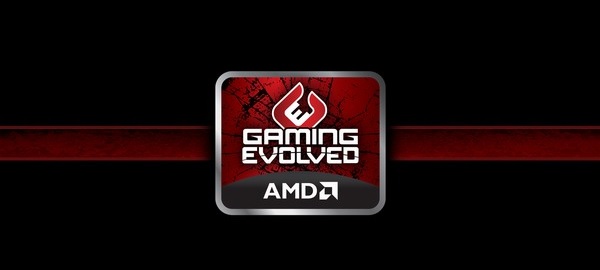In around 20 days, AMD will reveal more details about its low-level API, Mantle, during its Developers Summit event. And it seems that it will be worth the wait, as a lot of developers are currently praising this new API. Among those developers is Project CARS engineer programmer, who claimed that Mantle will offer 70-80% of next-gen console performance in terms of submitting draw calls.
As Project CARS engineer programmer claimed:
“However, there isn’t any doubt in my mind that Mantle will solve the poor implementation of multi-threaded rendering in the PC space, more so for AMD since they don’t even support Driver Command Lists in DirectX! That alone will get them to 70-80% of next-gen console performance in terms of submitting draw calls to the hardware. When DICE reveal their Mantle version in mid November, you’ll see scalability that’s unheard of in the PC space e.g. some 6 or 8 core demo with submission performance many times that of DX, with lots of pretty charts.”
AMD has just released its new graphics card, the Radeon R9 290X, that rivals in some circumstances Nvidia’s high-end offer, its Titan card. The interesting thing here is that R9 290X was able to challenge Nvidia’s Titan without the need of Mantle, so we can’t really imagine what will happen once Mantle gets out. If AMD’s claims are legit, then R9 290X may outperform even Nvidia’s next-gen GPUs offerings (in games that support Mantle).
Stay tuned as we’ll be sure to keep you posted about Mantle!

John is the founder and Editor in Chief at DSOGaming. He is a PC gaming fan and highly supports the modding and indie communities. Before creating DSOGaming, John worked on numerous gaming websites. While he is a die-hard PC gamer, his gaming roots can be found on consoles. John loved – and still does – the 16-bit consoles, and considers SNES to be one of the best consoles. Still, the PC platform won him over consoles. That was mainly due to 3DFX and its iconic dedicated 3D accelerator graphics card, Voodoo 2. John has also written a higher degree thesis on the “The Evolution of PC graphics cards.”
Contact: Email

